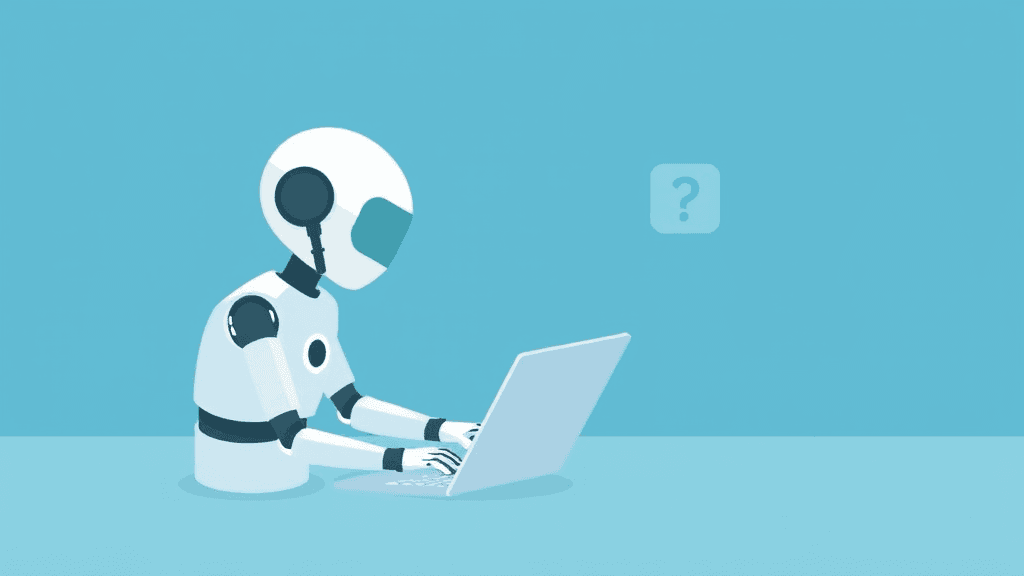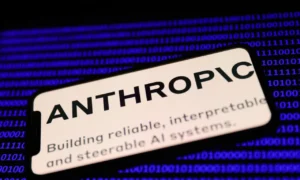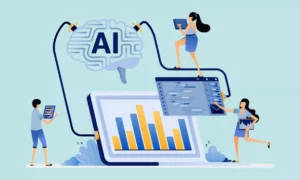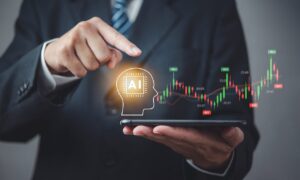Something curious is happening in Silicon Valley’s biggest AI labs. Engineers who spent the past year racing to build better chatbots are now focused on a different challenge: teaching algebra to teenagers.
The shift reflects a strategic pivot that could reshape how millions of students learn. Three major AI companies have quietly begun developing sophisticated tutoring systems, each betting they can solve education’s oldest problem: providing personalized instruction at scale.
The stakes are enormous, and the competition is just beginning.
A Coordinated Assault on Traditional Learning
OpenAI fired the opening shot with Study Together, a ChatGPT feature designed to create what the company calls an “engaging and interactive study together experience.” Instead of simply answering student questions, the system guides learners through problems step by step, mimicking the Socratic method that good teachers have used for centuries.
Anthropic responded with Study Projects for Claude, taking a more structured approach to AI-powered education. The feature description reveals the company’s ambitions: “A project for studying your course materials, where Claude helps visualize key concepts, build comprehensive study guides, and tutor you according to your learning needs.
Students can adjust these instructions throughout their study sessions, allowing the AI to adapt its teaching style based on what works for individual learners. It’s personalization at a level that would be impossible for human instructors managing dozens of students simultaneously.
Google entered the fray with Guided Learning for Gemini, emphasizing process over answers. The system walks students through problem-solving methodologies rather than providing quick solutions, a pedagogical approach that mirrors how the best human tutors operate.
The timing of Google’s education push is particularly strategic. The company recently eliminated the $20 monthly fee for Gemini AI Pro subscriptions for students, creating a massive user base for testing educational AI tools. Free access removes the primary barrier to adoption while generating invaluable data about how students interact with AI tutors.
The Mathematics of Educational Disruption
These competing systems target the massive global education technology market, which has proven remarkably resistant to digital transformation despite its enormous scale. Unlike media or retail, education has maintained largely unchanged structures for decades despite countless technological promises.
But AI tutors offer something fundamentally different from previous edtech solutions. Traditional online learning platforms like Khan Academy or Coursera rely on pre-recorded content and standardized curricula. These new systems provide real-time, adaptive instruction that adjusts to individual learning patterns and knowledge gaps.
Consider a student struggling with calculus derivatives. A traditional online course might offer additional practice problems or suggest rewatching lecture videos. An AI tutor can identify the specific conceptual gap (perhaps understanding limits), generate custom explanations using familiar analogies, and create targeted exercises until mastery is achieved.
This level of personalization has historically required expensive human tutoring, limiting access to students whose families could afford such services. AI systems could democratize high-quality instruction, making expert-level tutoring available to anyone with internet access.
The potential extends beyond individual learning outcomes. Educational institutions spend billions annually on remedial programs, teaching assistants, and tutoring services. AI alternatives that provide more consistent, patient instruction at a fraction of the cost represent both an opportunity and an existential threat to existing educational models.
The Human Element in Digital Teaching
The race to build AI tutors raises fundamental questions about the nature of education itself. Can algorithms truly replicate the mentorship, inspiration, and emotional support that great teachers provide? Or will they simply become sophisticated homework helpers that miss education’s deeper human elements?
Early evidence suggests AI tutors excel at certain aspects of instruction while struggling with others. They demonstrate infinite patience, provide immediate feedback, and can explain concepts using multiple approaches until students achieve understanding. However, they lack the ability to inspire curiosity, provide career guidance, or offer the social learning experiences that define great education.
The most likely outcome involves hybrid models where AI tutors handle skill-building and content delivery while human educators focus on creativity, critical thinking, and emotional development. This division of labor could actually enhance rather than replace traditional teaching, freeing instructors from repetitive explanations to focus on higher-level educational goals.
When Every Student Gets a Personal Instructor
The implications of ubiquitous AI tutoring extend far beyond individual classrooms. When motivated students can access expert-level instruction on any subject at any time, traditional models of age-based grade levels and semester-based progression begin to look arbitrary.
A curious 14-year-old with access to an AI tutor specializing in molecular biology could potentially master college-level concepts faster than peers following conventional curricula. This acceleration could create new forms of educational inequality based not on economic resources but on motivation and learning efficiency.
Educational institutions may need to reconceptualize their role entirely. Instead of information delivery systems, schools might become credentialing bodies, social development centers, and hubs for collaborative learning experiences that AI cannot replicate.
The transformation won’t happen overnight, but the convergence of three major AI companies on educational applications suggests the disruption has already begun. The question is no longer whether AI will reshape learning, but how quickly students, teachers, and institutions can adapt to the new reality.
In a world where every student has access to infinitely patient, knowledgeable instruction, the definition of educational success may need to evolve as dramatically as the tools themselves.























